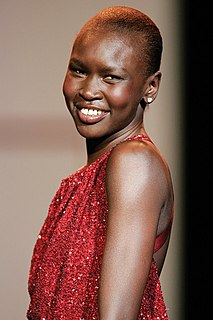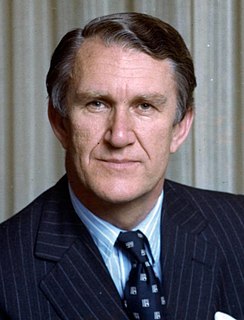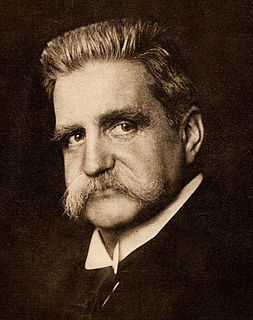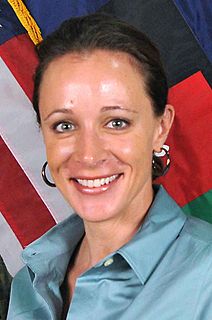A Quote by Arancha Gonzalez
The lack of livelihood opportunities in refugee camps pushes many people to embark on dangerous journeys in the quest for a better life.
Related Quotes
The diagnosis that poverty, lack of education, or lack of opportunities have much to do with terrorism requires a fundamentally optimistic view of human nature. This diagnosis leads to the prognosis that all we need to do to solve the terrorism problem is to create societies that are less poor, better educated and have more opportunities.
Music has as many roles as people make it. I traveled to Burma once years ago to witness the people's struggle for democracy, meet some people and learn some stuff. And I had this incredible experience over and over again in the Burmese jungle or refugee camps or health clinics with very oppressed, very devastated people. I show up, and I'm white and I'm American and I'm privileged and I have an experience that these people can't fathom and vice versa. There was this huge chasm when I met people for all good reasons.
Actually we've had a black bourgeoisie or the makings of a black bourgeoisie for many more decades.In a sense the quest for the emancipation of black people in the US has always been a quest for economic liberation which means to a certain extent that the rise of black middle class would be inevitable. What I think is different today is the lack of political connection between the black middle class and the increasing numbers of black people who are more impoverished than ever before.




































